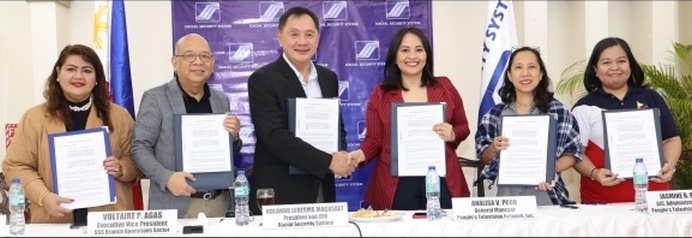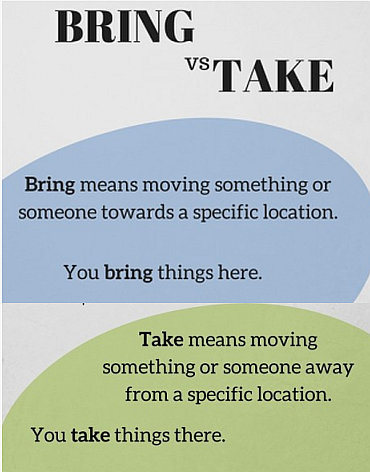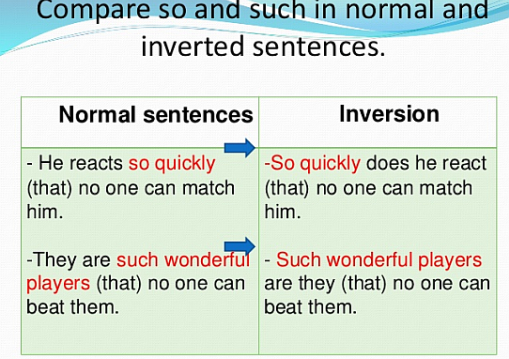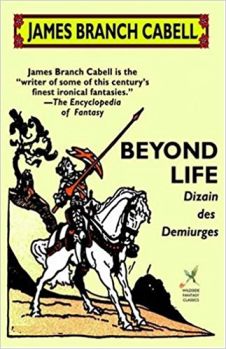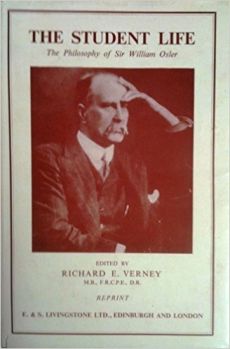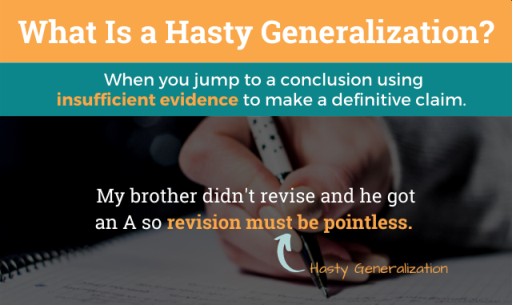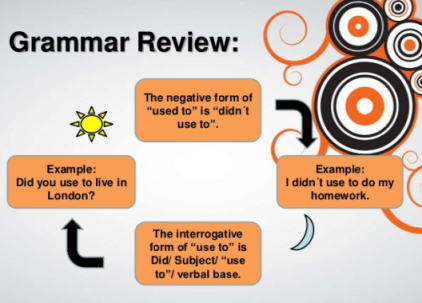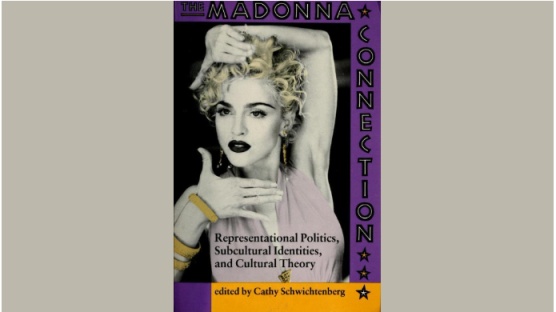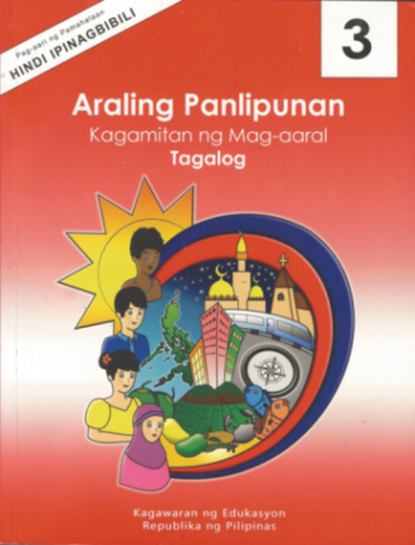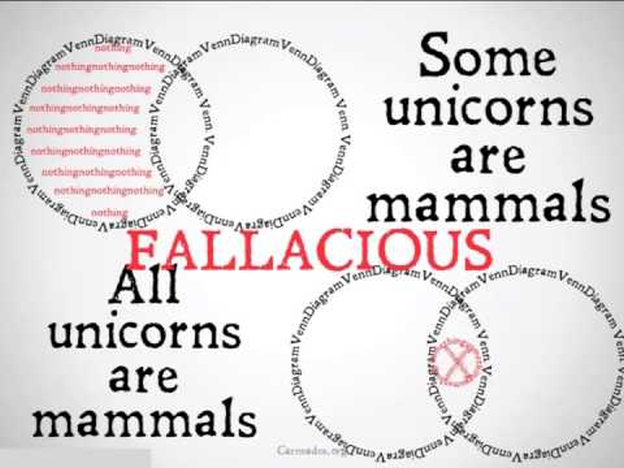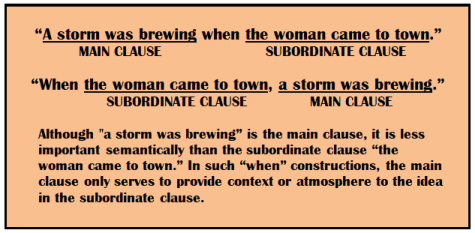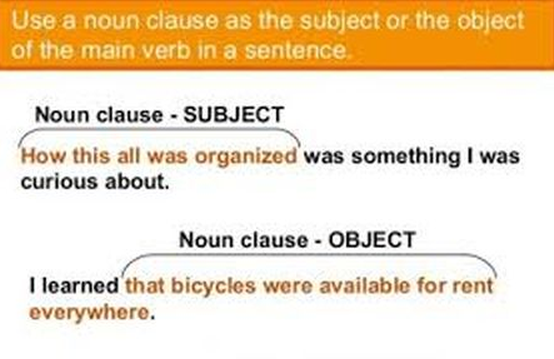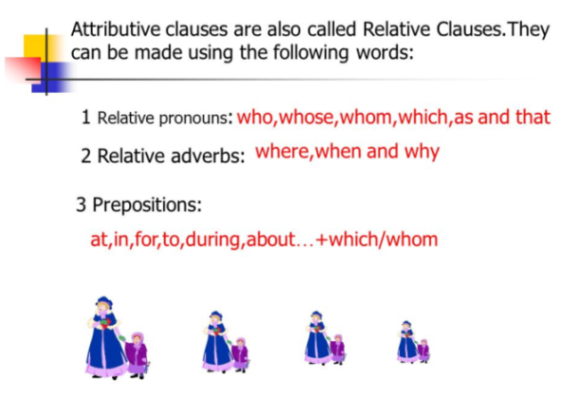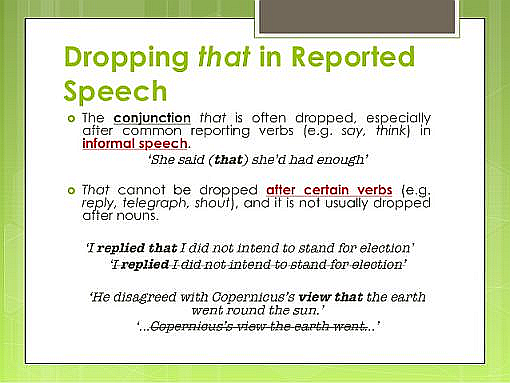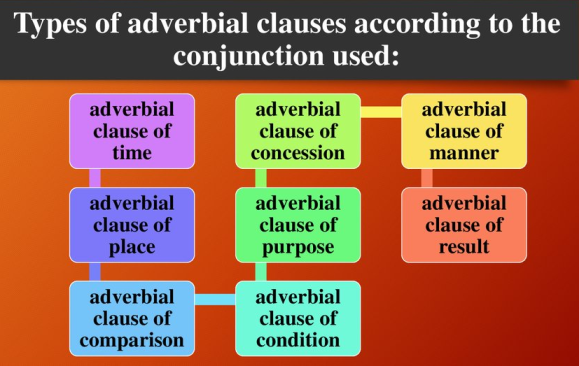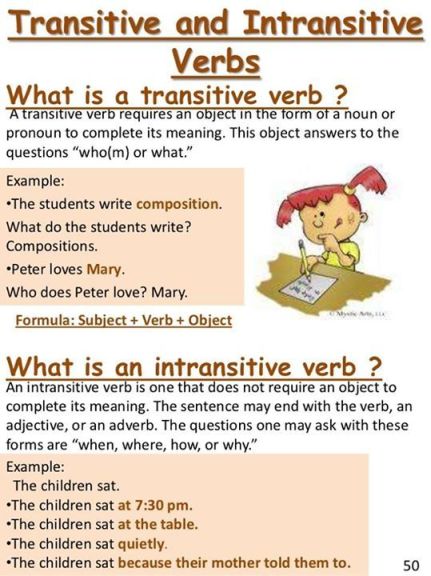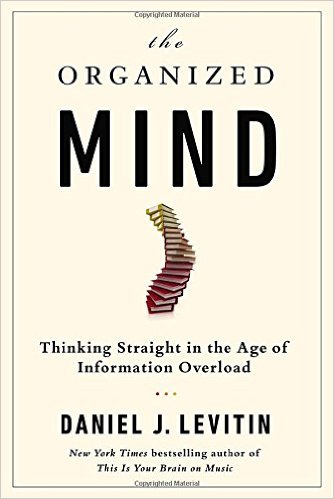1
Site Announcements / Playlist Update (May 25 - 31, 2024) Jose Carillo Forum's Facebook Gateway
« Last post by Joe Carillo on May 28, 2024, 07:06:53 PM »PLAYLIST UPDATE FOR MAY 25 - 31, 2024 OF JOSE CARILLO ENGLISH FORUM’S FACEBOOK GATEWAY
Simply click the web links to the 15 featured English grammar refreshers and general interest stories this week along with selected postings published in the Forum in previous years:
1. Essay by Jose A. Carillo: “The wealth of our vocabulary”

2. Getting to Know English Better: “Using appositives for texture and depth in prose”

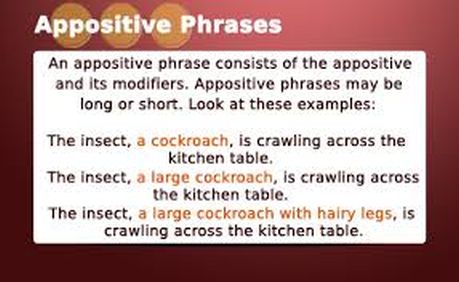
3. Students’ Sounding Board: “What happens when people don’t know enough to know they don’t know?"

4. Essay by Jose A. Carillo: “Why it’s easier to speak fluently in English than to write well in English”


5. Students’ Sounding Board: “Does 'have to' mean the same thing as the modal auxiliary verb 'must'?"
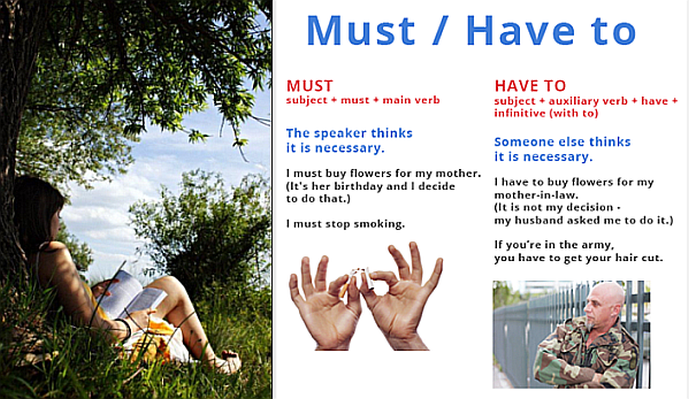
6. Your Thoughts Exactly: “The Two Hemispheres of Me” by Antonio Calipjo Go, Forum Contributor

7. Readings in Language: “Verbal diagnostician par excellence comes up with a grammar guidebook”

8. Going Deeper Into Language: “A Thousand and One English Poems”

9. Language Humor at its Finest: “21 enduring rules and truisms in business and personal relations”

10. Time Out From English Grammar Retrospective: “The thief who stole 106 priceless timepieces in audacious museum heist”

11. The Forum Lounge: “Book publishing's broken blurb system 'a plague on the industry'”

12. Readings in Language: “News headlines that do serious violence to the English language"



13. A Forum Lounge Retrospective: “A eulogy for my father, Eduardo Buenaventura Olaguer

14. The Forum Lounge: “The roller coaster ride of my life" by APA.Victory (pseud.)

15. Readings in Language “A history of the world in five typefaces"
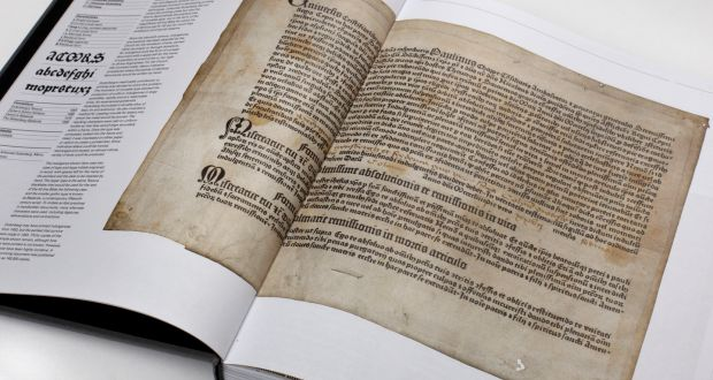
GUTENBERG'S BASTARDA
Simply click the web links to the 15 featured English grammar refreshers and general interest stories this week along with selected postings published in the Forum in previous years:
1. Essay by Jose A. Carillo: “The wealth of our vocabulary”

2. Getting to Know English Better: “Using appositives for texture and depth in prose”


3. Students’ Sounding Board: “What happens when people don’t know enough to know they don’t know?"

4. Essay by Jose A. Carillo: “Why it’s easier to speak fluently in English than to write well in English”


5. Students’ Sounding Board: “Does 'have to' mean the same thing as the modal auxiliary verb 'must'?"

6. Your Thoughts Exactly: “The Two Hemispheres of Me” by Antonio Calipjo Go, Forum Contributor

7. Readings in Language: “Verbal diagnostician par excellence comes up with a grammar guidebook”

8. Going Deeper Into Language: “A Thousand and One English Poems”

9. Language Humor at its Finest: “21 enduring rules and truisms in business and personal relations”

10. Time Out From English Grammar Retrospective: “The thief who stole 106 priceless timepieces in audacious museum heist”

11. The Forum Lounge: “Book publishing's broken blurb system 'a plague on the industry'”

12. Readings in Language: “News headlines that do serious violence to the English language"



13. A Forum Lounge Retrospective: “A eulogy for my father, Eduardo Buenaventura Olaguer

14. The Forum Lounge: “The roller coaster ride of my life" by APA.Victory (pseud.)

15. Readings in Language “A history of the world in five typefaces"

GUTENBERG'S BASTARDA


 Recent Posts
Recent Posts